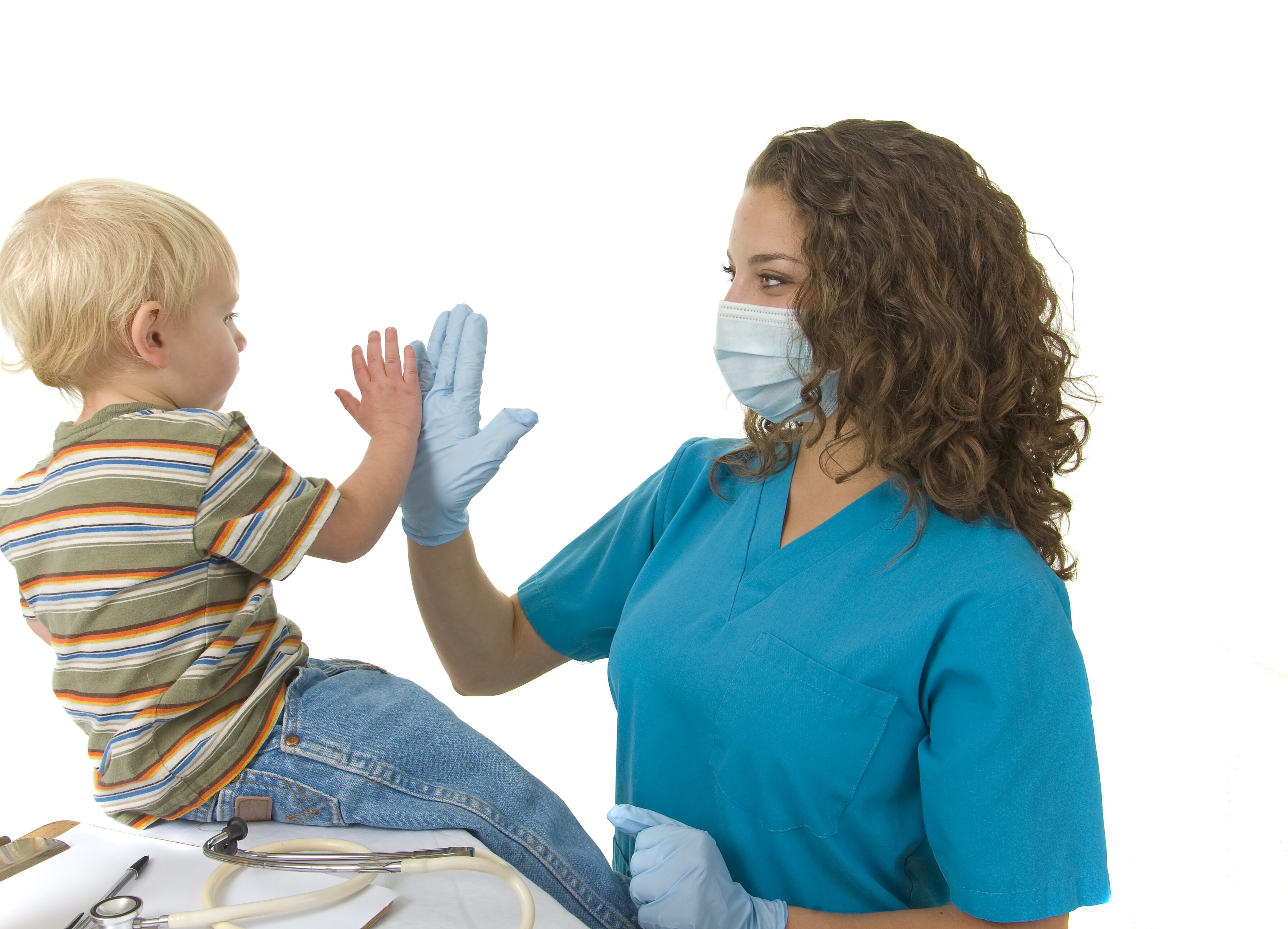
The vaccine race is on for COVID-19 and the possibility that a viable vaccine will be available for distribution to high-risk populations by late 2020 or early 2021 is encouraging.
But as summer fades, Summit Health’s Director of Infection Prevention Dr. Dan Hart says that "four seasonal coronaviruses that spread every winter that cause colds" will also come into play. "We expect that the novel coronavirus will spread in the fall and winter, too," he says. Add in annual strains of influenza, and the potential of contracting at least one illness this fall or winter is high.
Luckily, there are several ways you can stay healthy.
Get Your Flu Shot!
Many people think that flu season occurs in the middle of winter, but it actually starts much sooner and ends later. This past flu season, the Centers for Disease Control and Prevention (CDC) data shows that the flu infected between 39 and 56 million people.
As we now know, flu overlapped with coronavirus by several months, and there is a possibility the same could happen this fall, producing a double threat.
Getting the flu vaccine helps guard against contracting several strains of influenza. Beginning in late August, various Summit Health and all CityMD Urgent Care locations will begin offering flu vaccines to patients. Additionally, Summit Health patients will be able to receive a flu vaccine during a scheduled visit with their primary care provider.
Get Scheduled Immunizations
As we approach the fall cold and flu season, children, the elderly, and those with chronic conditions should make sure they are up to date on vaccinations that can reduce risk for respiratory illnesses such as influenza, pneumococcal pneumonia, and whooping cough.
Dr. Hart encourages people to stay up to date on vaccinations saying, "On-time vaccination throughout childhood is a safe, effective, and important part of protecting against potentially life-threatening diseases. Older adults and those who are immunocompromised should also receive appropriate immunizations as necessary.”
Pediatricians follow the recommendations of the American Academy of Pediatrics (AAP) and the Centers for Disease Control and Prevention (CDC) based on years of research into vaccine safety and effectiveness. If you're unsure if you or your child have received the appropriate vaccinations, check with your primary care provider or your child’s pediatrician.
Practice Good Health Hygiene
It’s important to remember that viruses can enter through any mucous membrane, including the mouth, nose, and eyes. In addition to the basics like washing hands thoroughly, using hand sanitizer, not touching your face, and wearing masks, you should also practice the following:
- Consider wearing a face shield in highly crowded areas
- Disinfect and wipe down commonly touched surfaces such as your phone, remote controls, a shared computer mouse, keys, and more
- Wipe down the steering wheel, door handles, and other areas of your car on a regular basis
As we’ve learned with coronavirus, without a vaccination and preventive measures in place, diseases can spread rapidly through a community. We all have a role to play when it comes to protecting each other, and through some simple measures, including mask adherence, frequent and proper handwashing, and timely vaccination, we can protect ourselves and those around us.
Daniel Hart, MD specializes in infectious diseases, with a particular interest in HIV, viral hepatitis, and immunocompromised patients with infections. Dr. Hart also served as an Assistant Professor of Medicine at Rutgers Robert Wood Johnson Medical School, where he helped train the next generation of infectious disease physicians in his role as Director of the Infectious Diseases Fellowship Program.
